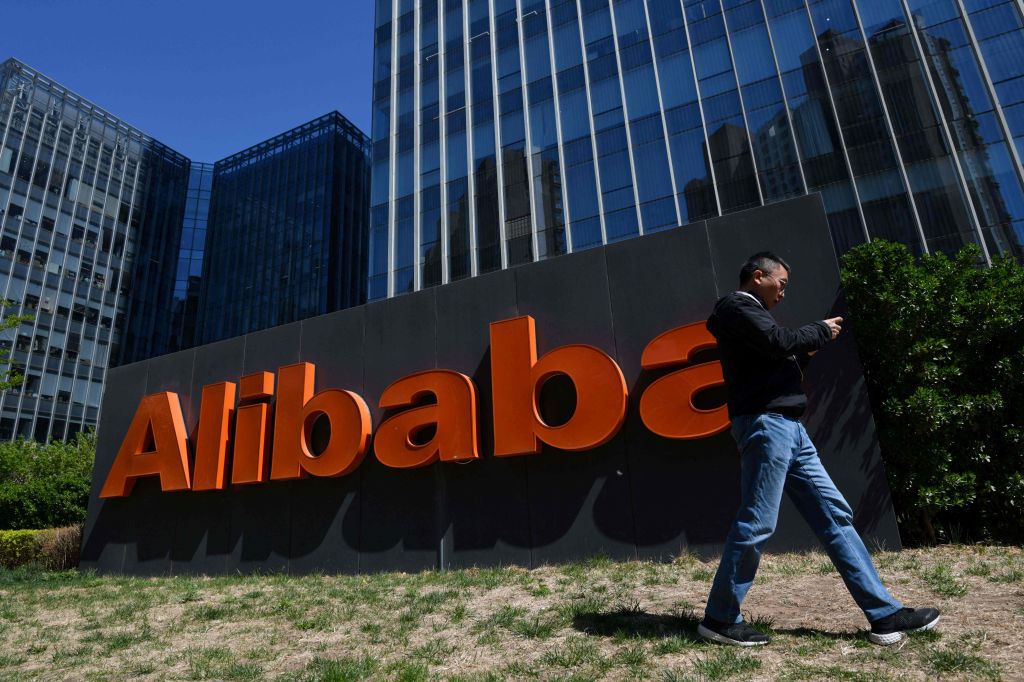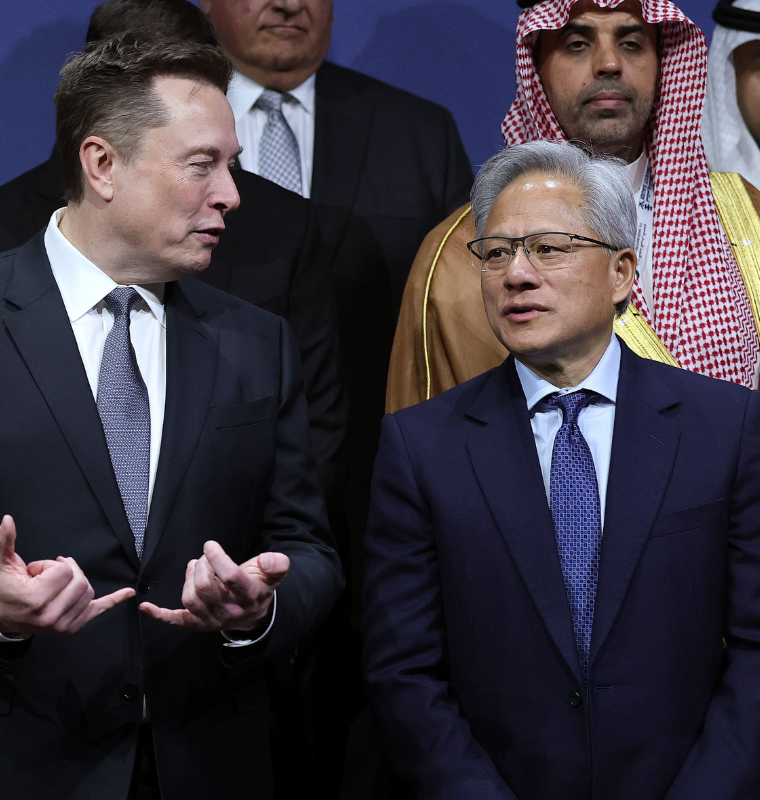White House memo alleges Alibaba aiding Chinese military targeting of the United States
White House memo alleges Alibaba aiding Chinese military targeting of the United States
By
David Goldfarb
Last updated:
November 17, 2025
First Published:
November 17, 2025

Photo: The US Sun
A newly surfaced White House memo has ignited fresh controversy around Alibaba, suggesting the Chinese technology powerhouse is providing support to Beijing’s military in operations aimed at U.S. targets. The Financial Times first reported the memo, though the publication noted it was unable to independently verify the claims or determine when the memo was originally drafted. The allegations have triggered market reactions, political debate, and renewed scrutiny of China’s rapidly expanding tech influence.
Details of the Memo and Rising Political Tension
According to the Financial Times, the memo asserts that Alibaba has supplied technological assistance to China’s military for activities directed at the United States. The memo reportedly references support involving cloud computing infrastructure and advanced AI capabilities, areas in which Alibaba has become a global force. Still, the FT did not publish the memo in full and emphasized its inability to confirm the document’s authenticity.
The White House has not commented on the matter. The timing of the leak is drawing attention, coming just weeks after President Donald Trump and Chinese President Xi Jinping held a high profile meeting in South Korea. At that meeting, the leaders agreed to a 12 month easing of tariffs and export controls, marking the biggest step toward stabilizing U.S. China relations since the start of Trump’s second term.
Alibaba’s Response and Accusations of Political Motivation
Alibaba strongly rejected the claims, calling them false and misleading. The company said the leak appears to be politically motivated and aimed at undermining the recent trade progress between Washington and Beijing. Alibaba added that the Financial Times itself acknowledged its inability to authenticate the memo, raising questions about the leak’s origin and intent.
The company also highlighted its global footprint in cloud computing and open source artificial intelligence. Alibaba’s Qwen AI model, which has gained attention in Silicon Valley, is increasingly viewed as a competitor to paid models from American companies such as OpenAI and Anthropic. Industry analysts note that the growing presence of Chinese open source AI tools in the United States has heightened sensitivity around tech security and intellectual property.
Analysts Split on the Memo’s Purpose
Experts are divided on whether the memo leak is part of internal political maneuvering. Andy Rothman, founder of Sinology, told CNBC that the report lacks specific details and appears designed to discredit Trump’s trade engagement with Xi Jinping. He noted that President Trump himself has not addressed the allegations publicly, a silence Rothman believes is notable given the magnitude of the accusation.
Rothman also pointed out that major U.S. cloud service providers maintain large government contracts, challenging the idea that Alibaba’s technology partnerships alone would justify new claims of military targeting.
Market Reaction and the AI Industry’s Sensitivity
Following the FT’s report, Alibaba’s U.S. listed shares fell sharply, closing down 3.78 percent on Friday. The company’s stock in Hong Kong saw a modest rebound, rising over 1 percent on Monday. Analysts like Kyle Chan of the Brookings Institution say the swift market reaction underscores how fragile China’s AI ecosystem has become amid the possibility of future sanctions.
The U.S. has intensified its semiconductor restrictions in recent years, limiting Beijing’s access to advanced chips needed to train next generation AI systems. As Chinese companies push further into global markets with faster, cheaper and more flexible AI tools, investors remain cautious about geopolitical risks that could impact long term industry expansion.
Broader Context and What Comes Next
The controversy arrives as Alibaba prepares to release its quarterly financial results on November 25, a report that many investors are watching closely for clarity on cloud revenue, AI development spending, and global adoption of its open source models.
With the U.S. and China locked in a multi year technological rivalry spanning semiconductors, cloud infrastructure, cybersecurity, and AI leadership, even unverified claims can have international consequences. The leaked memo has amplified debate in Washington over safeguarding U.S. digital infrastructure while also exposing the vulnerability of global tech companies operating at the intersection of both economies.
As the investigation and political fallout continue, Alibaba faces heightened scrutiny from regulators, investors, and policymakers around the world. Whether the memo proves credible or not, the situation underscores the growing tension between national security priorities and the increasingly interconnected nature of modern technology.
Popular articles
Subscribe to unlock premium content
How Adults Are Paying to Experience Silent Daylong Festivals for Mindfulness

The Rise of Ultra-Personalized Scent Memory Experiences Using Olfactory Therapy

Why Some Millennials Are Paying for One-Day Luxury Survival Challenges in Nature

How Adults Are Paying to Experience Silent Daylong Festivals for Mindfulness

The Rise of Ultra-Personalized Scent Memory Experiences Using Olfactory Therapy

How Adults Are Paying to Experience Silent Daylong Festivals for Mindfulness







.png)

